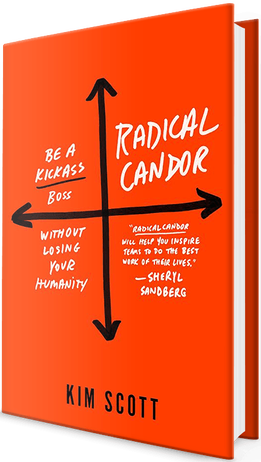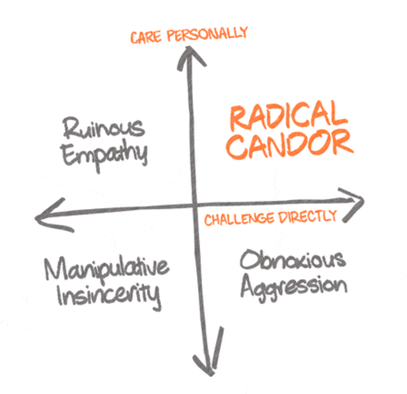
It has been my experience that the first time an organisation conducts such a survey it has been catalysed by a sense (at senior levels in the business) that the organisational climate or leadership culture is not what they want it to be. Embarking on such a survey then has the objective of setting the baseline – the starting point that will form the basis of whatever work will be done to get the climate or culture aligned with their vision for the organisation. From my perspective, this is exciting – but then I am not inside the organisation, and the survey makes no comments about my own leadership style!
For many, in fact MOST, managers in such an organisation, the delivery of the results of such a survey is very stressful and threatening – especially if the results are critical of the climate or leadership culture. It is particularly stressful and threatening if there is a strong theme of fear and blame within the organisation. Do you remember the THREAT – ANXIETY – DEFENSE response I have described in previous articles? The results of the survey create a THREAT of appearing incompetent (as a leader); this provokes immense ANXIETY and the resulting response is likely to be DEFENSIVE.
This DEFENSIVE behaviour could take the form of:
- Dismissing the feedback and criticising the instrument as being poorly worded or misleading;
- Dismissing the feedback and criticising the respondents or blaming the timing;
- Trying to figure out who said what and going after them.
I’d like to offer another perspective. What if we accept that there is nothing to be gained by debating the merits of the feedback? There is nothing to be gained by hunting down whoever said what. Whatever flaws the instrument may have, the feedback is the feedback. It is telling us how people think and feel about working here. We wanted to know, and now we know. We may not like it – but at least we know.
The next questions are:
- How do we want people to think and feel about working here?
- What do we leaders need to change or do differently to make sure that happens?
- What is our action plan?
- When will we run the instrument again to see how we are doing?
- Huge relief that there is not going to be a backlash;
- Increased trust;
- Admiration and respect for the leader who is able to take it on the chin non-defensively;
- A willingness to work together to create a climate that is in alignment with the vision;
- Greater transparency and openness;
- A real improvement in organisational climate and leadership culture.
John Gottman, the world-renowned expert on relationships, calls contempt one of the four horsemen of the apocalypse (along with defensiveness, flooding and stonewalling) - it absolutely ALWAYS results in relationship breakdowns - whether it is in personal relationships or working relationships.
Employee surveys should really be seen as integral to the organisation's approach to organisational and leadership development, with the intention being to grow and develop the organisation and its people towards ever greater alignment with the vision and values. In this sense it can be a really growthful experience for everyone.
So what is to be done if you are about to embark on an employee survey, and you are concerned about ensuring that managers ALL handle the feedback well and respond to it appropriately? I have found coaching to be a profoundly valuable resource to managers in the following senses:
1. It helps managers to process and make sense of feedback that they might be disappointed, upset or confused about;
2. It is a forum in which they can think through and decide how to discuss the results of the feedback with their teams;
3. It is a developmental environment in which they can attend to their own growth areas so that they can become the leaders they need to become - if the feedback was not what they would have wished;
4. It is a place where they can decide how to regularly check in with their teams on how they are progressing.
So if this resonates with you and you'd like to consider how to rollout your next employee survey, drop me a mail on [email protected] and let's talk about it.




 RSS Feed
RSS Feed


